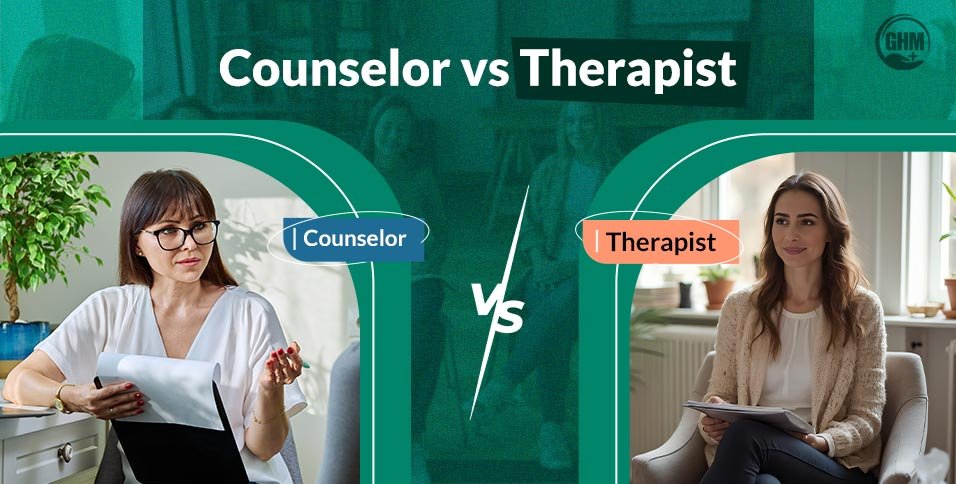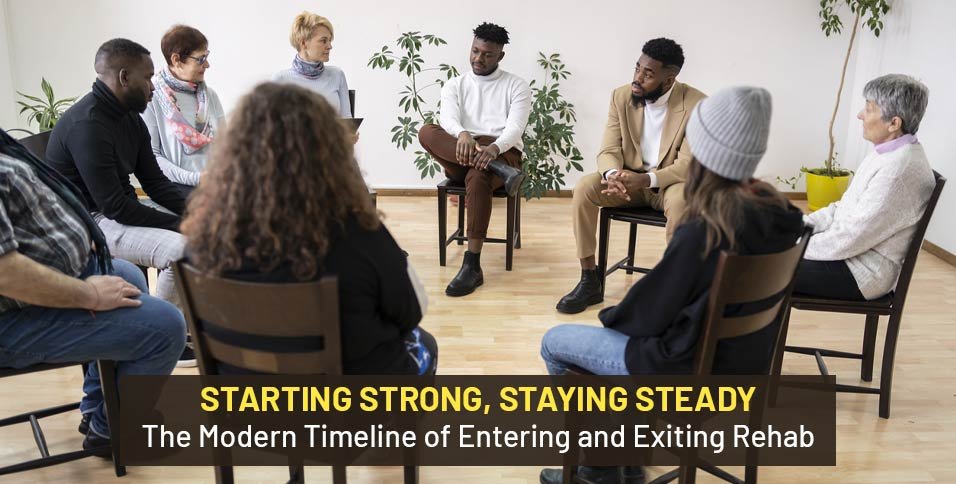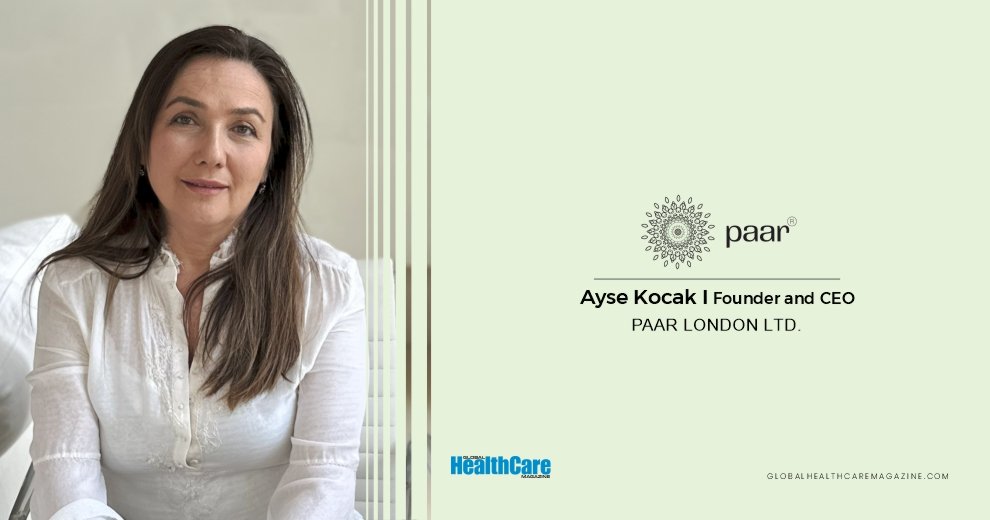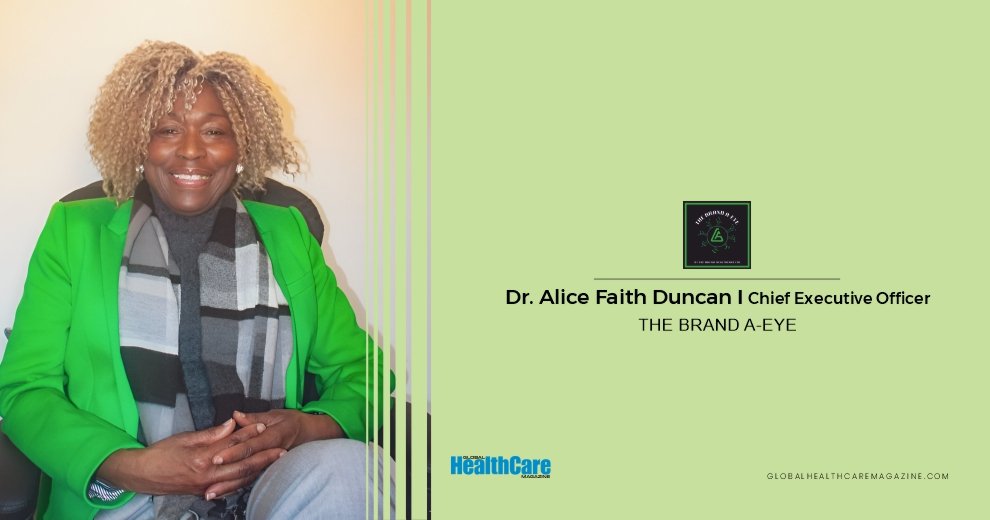Feeling weighed down by stress, grief, or big life changes? You’ve decided it’s time to seek help. But now you face another question: Should you see a counselor or a therapist? Many people believe these terms mean the same thing, yet there are clear differences that can shape your journey. Both roles aim to support your mental health, but their methods, training, and focus can vary. Knowing these distinctions can save you time, money, and frustration. In this guide, you’ll learn exactly how counselor vs therapist differs—plus how to choose the one that fits your needs today. You’ll also discover simple, proven steps for finding the right professional, so you can start your healing process with confidence. By the end, you’ll know not just the difference, but the best path forward for your unique situation.
The Core Differences: Defining the Roles
Focus/Scope of Practice:
When we talk about a counselor vs therapist, the main difference starts with their focus.
A counselor works on specific, immediate issues. These can include job stress, grief, relationship disputes, or addiction. The goal is clear—help you solve a problem quickly. Counseling often lasts for weeks or months, not years. Imagine a sports coach giving you short-term training to win a game.
A therapist works on deeper and long-standing issues. These may include childhood trauma, complex mental health disorders, or personality issues. Their role is like a long-term mentor who helps you rebuild your emotional foundation. Therapy often continues for a year or more.
Counselors use focused sessions to address your current situation. Therapists explore your past, present, and sometimes future. Both aim for your well-being, but their routes are different. Think of it like repairing a leaking tap versus replacing the whole water system.
So, counselor vs therapist is not about which one is better. It’s about which one fits your needs today. If you want quick solutions, a counselor may be right. If you want deep healing, a therapist may help more.
Education and Licensing:
A counselor usually has a master’s degree in counseling. Licensing rules differ by state, but common titles include Licensed Professional Counselor (LPC) or Licensed Mental Health Counselor (LMHC). They train for years, complete supervised practice, and pass state exams before helping clients.
A therapist is a broader term. They can be a Licensed Marriage and Family Therapist (LMFT), Licensed Clinical Social Worker (LCSW), or psychologist. Some therapists even hold doctoral degrees. Their training often includes thousands of supervised clinical hours. This is like a doctor doing a residency before starting practice.
Counselors focus their education on skill-based, solution-focused approaches. Therapists often learn a wider variety of psychological theories. For example, a counselor might study Cognitive Behavioral Therapy (CBT) in depth. A therapist may also learn psychodynamic or humanistic methods.
Both fields require strong ethics and continuous learning. You would not trust a pilot who stopped training years ago—mental health is the same. Choosing between a counselor vs therapist often comes down to how specialized their training is for your situation.
Therapeutic Approach:
A counselor usually uses a direct, practical style. They set clear goals with you and help build skills to reach them. Popular methods include Cognitive Behavioral Therapy (CBT) and Motivational Interviewing. Imagine having a guide who gives you a clear map and step-by-step instructions.
A therapist often uses a broader toolkit. They may use psychodynamic therapy to uncover how past events shape your present. Some use humanistic approaches, focusing on self-growth and meaning. This is more like a deep exploration, where you uncover the “why” behind your thoughts and feelings.
Counselors keep sessions structured and action-driven. Therapists may let sessions flow more naturally, allowing hidden issues to surface. Both aim to improve mental health, but they take different roads.
Think of it like fixing a car. A counselor repairs the part that’s broken so you can drive again. A therapist inspects the whole vehicle, the history, and the driver’s habits.
When choosing counselor vs therapist, think about your goal. If you want targeted, skill-based change, counseling may suit you. If you want to explore deeply and heal long-term patterns, therapy could be better.
The Importance of a Professional Profile
Remember this: titles matter less than the person’s skills, experience, and specialization. A counselor could have decades of work in trauma recovery. A therapist might focus only on marriage counseling. Your choice should match your needs, not the label.
Why is this important? Because mental health help is not one-size-fits-all. Imagine buying running shoes. You would pick a pair that fits your feet, not just the brand. In the same way, you need a professional who fits your situation.
Here’s how to vet a professional:
- Check credentials – Look for specific licenses like LPC (Licensed Professional Counselor), LCSW (Licensed Clinical Social Worker), or LMFT (Licensed Marriage and Family Therapist). Always verify these on your state’s licensing board website.
- Review specializations – Match their expertise to your needs. Examples:
- Trauma-informed therapy for abuse recovery
- CBT for anxiety or depression
- Grief counseling after loss
- Look for experience – Ask how long they have worked with cases like yours.
- Check trusted sources – Professional groups like the American Counseling Association and the American Psychological Association list qualified providers.
When choosing between counselor vs therapist, focus on what they can offer for your unique situation. A strong profile with relevant training and proven results is a better guide than the title alone.
Your mental health journey is personal. Pick the professional who brings the right skills, empathy, and understanding to your table—not just a nameplate.
The Crucial Question: Which One Is Right For You?
When deciding between counselor vs therapist, the most important factor is your current need, not just the title. If you are facing a specific and current problem, a counselor can often provide faster, more focused help. This could be work stress, a recent breakup, or adjusting to a new city. Counselors give practical, skills-based solutions you can use immediately. They are like coaches who equip you with clear tools to handle challenges right now.
If your challenges have been present for years, a therapist may be more suitable. Therapists work on long-standing and deeply rooted issues. They help you explore how past experiences affect your current life. If you have been diagnosed with or suspect a complex mental health condition, their deeper approach can be essential. They guide you through understanding patterns, processing emotions, and making lasting changes over time.
Still, the lines between the two are not always strict. Many counselors can work with deep emotional patterns. Many therapists can use goal-based, short-term strategies. This is why choosing the right professional depends on more than the label. You should look at their experience, approach, and how comfortable you feel with them.
When it comes to counselor vs therapist, focus on finding someone whose skills match your needs. The right match will make your mental health journey more effective, supportive, and easier to navigate. Your comfort and progress matter more than the exact title they carry.
Practical Tips for Finding the Right Professional
Finding the right fit in the counselor vs therapist choice starts with knowing what you want. First, define your goals. Ask yourself, “What do I hope to achieve?” Maybe you want to manage anxiety, heal from past trauma, or handle a life change. Clear goals will guide your search in the right direction.
Next, use reputable directories to find professionals. Websites like Psychology Today, Zencare, or your local professional associations list licensed providers. These platforms often include profiles with qualifications, experience, and specializations. They also provide filters, so you can narrow results based on your needs.
Once you find potential matches, check for the right fit. The relationship between you and the professional is the most important factor for success. Schedule a brief consultation call. During that conversation, notice if you feel comfortable, understood, and respected.
Ask key questions before committing. Examples include:
- “What is your approach to my specific issue?”
- “What are your credentials and specializations?”
- “Do you have experience with clients like me?”
Finally, consider practical details. Check the cost of sessions, whether they accept your insurance, and the session format—whether in-person or virtual.
In the counselor vs therapist decision, these steps help you move beyond titles and find a professional who truly meets your needs. The right match blends expertise with comfort, ensuring you feel supported as you work toward your goals.
Key Takeaways
When it comes to the counselor vs therapist choice, the question is never only “Who has the title?” but “Who has the tools I need right now?” People often get stuck wondering which is better, but the truth is both can help—just in different ways. A counselor can be your go-to when life throws you a sharp curve, offering skills and clarity to get you back on track quickly. A therapist can walk beside you on a longer road, helping you untangle patterns and heal from their roots.
The real “why” lies in fit, not labels. Credentials prove training, but connection drives progress. If you feel safe, understood, and guided, you are already halfway there. This is why even the most decorated professional might not be right for you—while someone with the same title could be life-changing.
In the future, mental health care will only get more flexible, with many professionals blending both approaches. Your task will remain the same: define your goals, trust the process, and choose the person who aligns with both your needs and your vision for growth. The right match is not about today’s problem alone—it’s about tomorrow’s well-being.


















